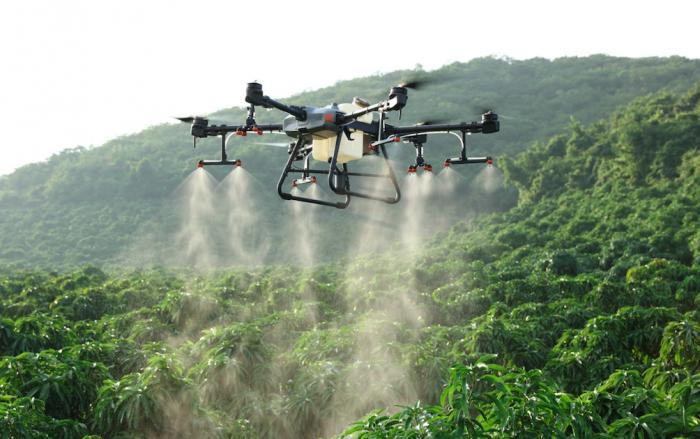The adoption of plant protection drones in agriculture is emblematic of the industry’s transition towards sustainability. These innovative machines are helping farmers protect their crops efficiently while minimizing the environmental impact of traditional farming practices.
Plant protection drones are equipped with cutting-edge technology, including precision spraying systems and advanced sensors. These features enable them to apply pesticides, herbicides, and fertilizers with unparalleled accuracy. By targeting specific areas that require treatment, drones reduce chemical use and limit their negative effects on the ecosystem.
Furthermore, drones can monitor crop health by capturing high-resolution images and data. This allows farmers to identify and address issues such as disease outbreaks or nutrient deficiencies early on. The result is improved crop yields and reduced reliance on chemical interventions.
The environmental benefits of plant protection drones extend to reduced fuel consumption and emissions. Unlike traditional tractor-mounted equipment, drones operate efficiently and emit fewer pollutants into the atmosphere. This reduction in carbon footprint aligns with the global push for more sustainable farming practices.
In conclusion, plant protection drones are at the forefront of sustainable agriculture, offering precise, efficient, and environmentally friendly solutions to crop protection. As this technology continues to evolve, it will play a vital role in ensuring the long-term health of our planet and food security for future generations.







Please sign in to comment
register